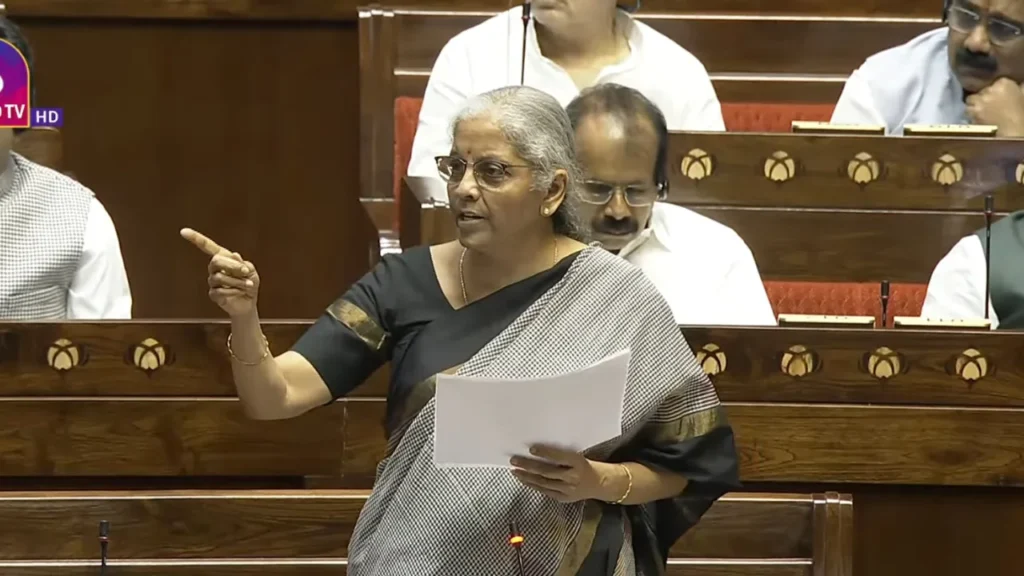
What’s New in the Income Tax Bill 2025?
The Income-tax (No. 2) Bill, 2025, approved by both the Lok Sabha and Rajya Sabha in August 2025, is set to replace the six-decade-old Income Tax Act, 1961. This new law will come into effect from April 1, 2026 and promises to simplify India’s taxation system, reduce compliance burden, and make the process more transparent.
1. A Modern Overhaul of an Old Law
The Income-tax (No. 2) Bill, 2025, passed by both Lok Sabha (August 11) and Rajya Sabha (August 12), will replace the six-decade-old Income Tax Act, 1961. The overhaul aims to simplify India’s tax laws, making them easier to understand and follow.

2. Streamlined Tax Law Structure
The revamped Act condenses over 800 sections into just 536, organized into 23 chapters and 16 schedules. This restructure makes legal navigation simpler for all taxpayers.
3. Smarter, Faceless Tax Administration
The new law emphasizes digital-first, faceless processes—from assessments to appeals—helping reduce physical visits, delays, and potential harassment. All communications will be via e-notice.
4. One Tax Year, Instead of Previous & Assessment Year
To simplify accounting, the Bill introduces a single “Tax Year” in place of the confusing “Previous Year” and “Assessment Year” system.
Key Highlights for Individuals
1. ₹12 Lakh Tax-Free Income Remains
The government has retained the exemption for individuals earning up to ₹12 lakh per year. Thanks to the ₹75,000 standard deduction, salaried taxpayers effectively enjoy a tax-free income up to ₹12.75 lakh.
2. Fewer Sections, Easier Understanding
The law has been condensed from over 800 sections to just 536, spread across 23 chapters and 16 schedules—making it easier for taxpayers to navigate.
3. Faceless Tax System
The Bill strengthens the faceless assessment and appeal system. All communication will be through e-notices, reducing the need for physical visits and helping to curb harassment.
4. One Tax Year Concept
The old “Previous Year” and “Assessment Year” terms are replaced by a single Tax Year, making compliance simpler.
Updated Tax Slabs & Rebates
- Higher Rebate under Section 87A: Taxpayers under the new regime can claim a rebate of 100% of tax payable or ₹60,000, whichever is less.
- Applies on Short-Term Capital Gains: The rebate is also applicable on short-term capital gains, offering more relief.
Procedural Improvements
- Refunds for Late Filers – Even if you file your ITR late, you can still claim a tax refund.
- Clarity in Deductions – Pre-construction interest rules and standard deductions on house property income are now clearly defined.
- Pension Benefits Expanded – Commuted pension deductions are now available for non-employees too.
Why It Matters for You
- Middle-class benefit: Higher exemption and rebates.
- Ease of compliance: Fewer sections, clear language, and digital processes.
- Greater taxpayer rights: Refunds even for late filers, faceless appeals.
The Income Tax Bill 2025 is a major reform that aims to modernize and digitize India’s tax administration while keeping the taxpayer in mind. For detailed government updates and official documents, you can visit the Income Tax Department’s official page for reference.